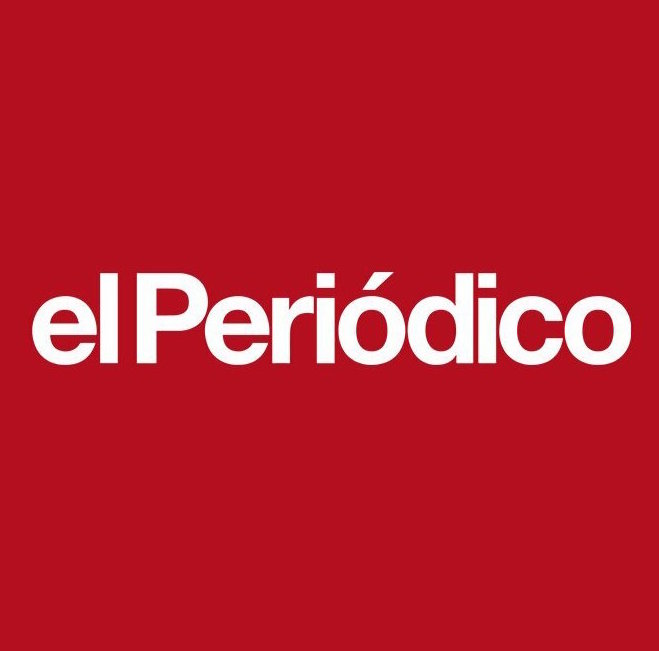"Barcelona has a strong personality of its own", by Felix Zilinskas

Felix Zilinskas, 48, years old, married with one son. Born in Venezuela with Italian nationality, Felix has lived in Mexico City, Buenos Aires and Miami before moving to Barcelona 11 years ago. Felix was VP Creative at DDB and Y&R in Venezuela. Currently he is the Founder and CEO of Jiuston, a creative boutique that carries out advertising, marketing, branding, content and design projects for national and international clients since 2017, being recognized for its high creative level.
Why did you choose Barcelona?
I didn't choose it. Barcelona chooses you, it seduces you. It's one of those things that you don't know you're not going to be able to get out of your life. I remember as if it were yesterday the first time I came to visit Barcelona, backpacking, I was 19 years old and decided to travel half of Europe. Coming out of a record shop back then, I remember throwing out the thought 'I'd love to live here'. 18 years later I did.
What are the city’s strengths?
Barcelona is not like any other city, it is not a mere service centre. Barcelona has its own distinct personality and to get along with it, you must also have your own.
It has always seemed very human to me, perhaps in part because of the sheer volume of art it contains. For me, in my profession as an advertising creative or as a visual artist, it is vital to be surrounded by talent, creativity and inspiration. Innovation is undoubtedly a vital part of creativity and Barcelona always has that need to search, to not conform.
For each person the city is different, the experience is different. But I think that it's a city that has learned to take the eclectic elements of multiculturalism and amalgamate them into something new. From my point of view, Barcelona gives you as much as you give.
Which aspects of the city need to be improved? How?
Security is a must. Without it you can feel lost and afraid to express your own voice. This is vital in order to be coherent with what I believe Barcelona demands of us, that we make a contribution, that we be ourselves, that we make ourselves heard. Without security, voices become timid.
Negativity is also a factor that worries me a lot. Of course there are things that are wrong and things that can be done better, but building on achievements and positivity seems to me much better than sinking into negativity.
What are the strengths that will help the city overcome the COVID-19 crisis?
For all its faults, it is a fairly high-tech city. This has helped to cope with all the chaos generated by the Covid-19. This needs to be further strengthened. Another factor that stood out to me was the work of the health system. I personally saw great professionals fighting day in and day out.
What challenges do you think the city will face once it recovers from the health emergency?
Obviously the format of work has changed forever. Technological implementation cannot mean a new social barrier. Now we have to think about how to create a level playing field where work will depend so much on remote connectivity (meaning hardware, software and knowledge).
What do you expect from Barcelona in the coming years?
I hope it develops as a city in an orderly and humane way. I hope it draws on all the technological talent that is born here to grow in a way that is respectful of the planet, but also innovative and creative. I also hope that social actions are less political campaigns and more long-term projects and that better processes are developed to push and help entrepreneurs.
Which city do you consider to be your home city? What do you miss most?
I believe that borders are absurd imaginary lines that we insist on drawing on a giant stone floating around the sun, but if we are talking about connecting with energy, with people, with culture... then I tell you that my city is this. My city is Barcelona.
If you want to know the latest English news about Barcelona and the people who bring it to life, sign up to our Blog.








